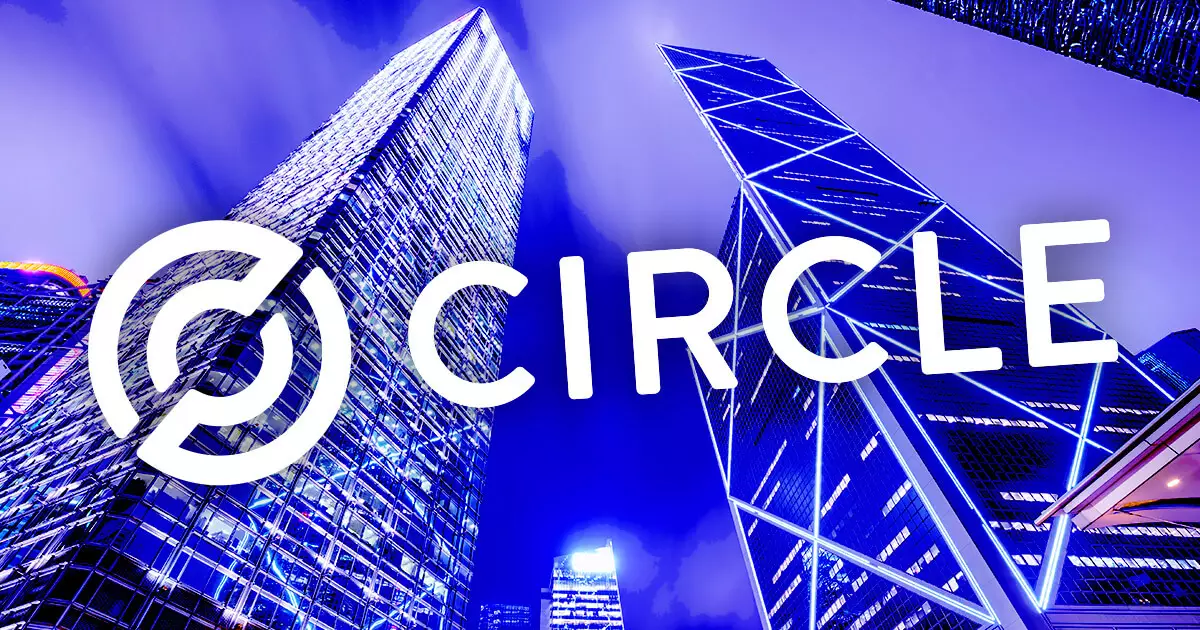The US Securities and Exchange Commission (SEC) has expressed worries about Circle’s stablecoin, USDC, as the company prepares for a multi-billion dollar initial public offering (IPO). The regulatory body has raised concerns about the potential classification of USDC and other stablecoins as securities under US law. This is not the first time the SEC has expressed such concerns; a similar situation arose in 2021 when Circle attempted to go public through a special-purpose acquisition company (SPAC).
Reports indicate that the SEC’s Division of Corporation Finance has engaged in an extensive dialogue with Circle over the past year. Although the company has made significant progress towards its IPO goals, the SEC’s concerns remain a pivotal issue. The SEC has asked Circle to disclose the risks associated with USDC being classified as a security under US law and the potential implications of being considered an investment company. While Circle has complied with the SEC’s disclosure requests, the final decision on its IPO application is still pending.
If USDC were to be classified as a security, Circle would face increased costs and regulatory requirements, which could have a significant impact on its business model. Investment companies like mutual funds are subjected to strict oversight by the SEC, including mandatory reporting and operational restrictions. This regulatory burden could potentially hinder Circle’s ability to operate efficiently in the market.
Circle’s first attempt to go public in 2021 through a SPAC merger was called off due to similar concerns raised by the SEC. The SEC questioned whether Circle should register as an investment company and whether its token could be considered a security, prompting the need for additional disclosures and compliance measures. Despite filing confidential IPO paperwork in January for a traditional IPO route, the SEC’s concerns from the previous attempt have continued to persist, indicating a potential roadblock for Circle’s IPO ambitions.
If Circle is designated as an investment company rather than an operating company, it would be subjected to closer SEC oversight. The company would have to report its holdings regularly and adhere to certain limits set by the regulatory body. Securities attorney Xavier Kowalski emphasized the SEC’s cautious approach towards registration reviews to avoid any future enforcement actions. He mentioned that the prolonged duration of the SEC’s concerns throughout the process was concerning but noted that the agency appears to have addressed most of its worries regarding Circle’s IPO.
The SEC’s concerns regarding the classification of USDC as a security have cast a shadow of uncertainty over Circle’s IPO plans. The regulatory hurdles and potential implications of such a classification could have significant ramifications for Circle’s business operations. As the company navigates through the regulatory process, transparency and compliance will be key determinants in securing approval for its public offering.

